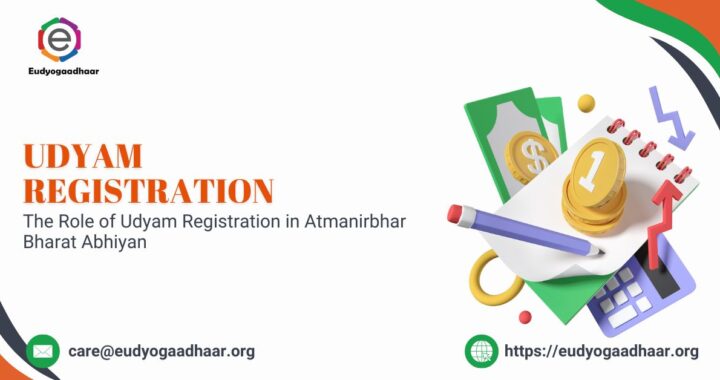What happens to your WordPress site if you don’t keep it up to date?

Keeping your WordPress site up to date is crucial for maintaining its security, performance, and functionality. Neglecting updates can lead to various issues that affect both user experience and site management. Here’s a detailed exploration of what happens when you don’t keep your WordPress site up to date:
Security Vulnerabilities
One of the most critical reasons to keep WordPress updated is to protect against security vulnerabilities. WordPress updates often include security patches that address newly discovered vulnerabilities. If you don’t update promptly, your site becomes more susceptible to hacking attempts, malware injections, and unauthorized access. Hackers actively target outdated WordPress sites because they are easier to compromise. This not only puts your site at risk but also jeopardizes user data and can lead to reputational damage.
Compatibility Issues
WordPress updates not only include security fixes but also improvements in code efficiency and compatibility with newer technologies. Themes and plugins developed for older versions may not work correctly with the latest WordPress updates. This mismatch can cause functionality issues, broken layouts, or even complete site crashes. Over time, as more updates are missed, the complexity of resolving these compatibility issues increases, potentially requiring more extensive troubleshooting or even redesigning parts of the site.
Performance Degradation
Outdated WordPress installations, themes, and plugins can negatively impact site performance. Performance optimizations are often included in updates to improve loading times, caching mechanisms, and overall efficiency. Ignoring updates means missing out on these improvements, leading to slower page load times, higher bounce rates, and diminished user satisfaction. In today’s fast-paced digital environment, where users expect instant access to information, site speed is crucial for retaining visitors and achieving SEO goals.
Loss of New Features and Improvements
WordPress updates not only address security and performance but also introduce new features and improvements. These updates may include enhancements to the Gutenberg editor, new customization options, SEO improvements, accessibility features, and more. By staying updated, you ensure your site remains competitive and aligned with industry standards. Missing out on these updates can result in a stagnant site that lacks modern functionality, making it harder to attract and retain visitors.
Increased Maintenance Effort in the Long Run
Delaying updates can create a backlog of required maintenance tasks. Over time, the accumulation of pending updates for WordPress core, themes, and plugins makes it more challenging to manage and increases the risk of conflicts between updates. Resolving these conflicts often requires more time and effort, potentially disrupting site operations and causing downtime. Regularly updating WordPress reduces the likelihood of encountering such issues and streamlines the maintenance process.
Compliance and Legal Risks
Depending on your site’s nature, regulatory requirements such as GDPR (General Data Protection Regulation) or CCPA (California Consumer Privacy Act) may mandate that you maintain up-to-date software to protect user data. Non-compliance can result in legal consequences, fines, or damage to your brand’s reputation. Ensuring your WordPress site is current with the latest security patches and data protection measures helps mitigate these risks and demonstrates your commitment to safeguarding user privacy.
Impact on SEO
Search engines prioritize secure and up-to-date websites in their rankings. They may penalize sites that are outdated or vulnerable to security threats, pushing them lower in search results. This can negatively impact your site’s visibility and organic traffic, reducing opportunities for engagement and conversion. Regularly updating WordPress, including themes and plugins, helps maintain SEO performance by ensuring your site meets technical standards and user expectations.
Lack of Support and Community Engagement
As WordPress evolves, so does its community of developers, designers, and users. By keeping your site updated, you remain part of this vibrant community, benefiting from ongoing support, documentation updates, and access to new resources. Outdated sites may find it harder to get support for issues or customization needs, as community-driven resources tend to focus on current versions of WordPress and compatible components.
Potential Financial Costs
Ignoring updates can lead to costly consequences in the long run. Repairing a hacked site, recovering lost data, or rebuilding a damaged reputation can incur significant expenses. Moreover, prolonged downtime resulting from update-related issues can impact revenue generation, especially for e-commerce or revenue-generating sites. Investing in regular updates and proactive maintenance is a preventive measure that can save you from unexpected financial burdens down the road.
Conclusion
In conclusion, neglecting to keep your WordPress site up to date can have far-reaching consequences that affect its security, performance, functionality, and overall viability. Regular updates are essential not only for protecting against security threats but also for maintaining compatibility, performance, and compliance with regulatory standards.

 Virginia Business Blueprint: How to Kickstart Your Entrepreneurial Journey
Virginia Business Blueprint: How to Kickstart Your Entrepreneurial Journey  The Role of Udyam Registration in Atmanirbhar Bharat Abhiyan
The Role of Udyam Registration in Atmanirbhar Bharat Abhiyan  Mango Costs in Pakistan 2024: A Total Diagram
Mango Costs in Pakistan 2024: A Total Diagram  Why Professional Power Management Can Make or Break Your Event
Why Professional Power Management Can Make or Break Your Event  Experience The Thrill Of Zipline Dubai With Captain Dunes
Experience The Thrill Of Zipline Dubai With Captain Dunes  Exploring London’s Best Butcher Shops
Exploring London’s Best Butcher Shops  Enhance Your Shop Appeal with Sydney’s Best Carpentry Services
Enhance Your Shop Appeal with Sydney’s Best Carpentry Services  A Detailed Look at the Features of the LEGO Technic Mars Crew Exploration Rover
A Detailed Look at the Features of the LEGO Technic Mars Crew Exploration Rover